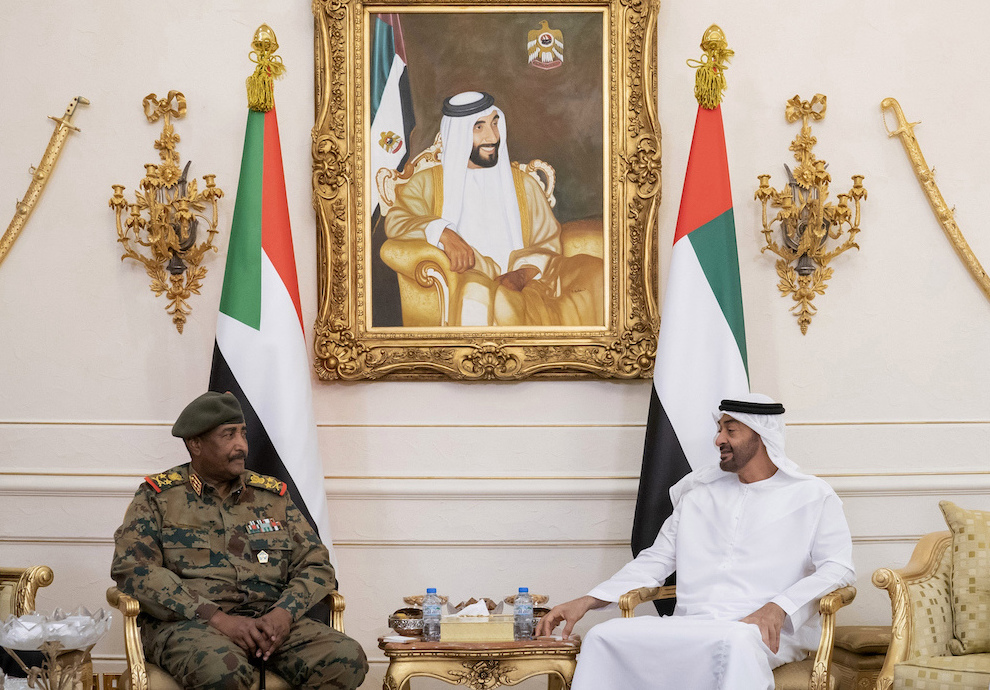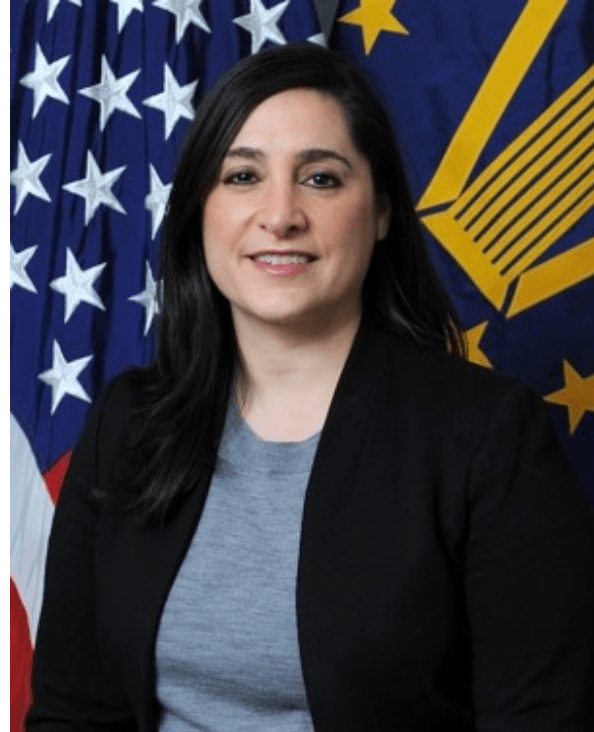Security
Jul 25, 2019
Conflict or Compromise: U.S. and Iran on a Knife’s Edge
Whatever the path out of the current crisis, Gulf Arab states seeking an end to Iranian interference in regional affairs are likely to be disappointed.
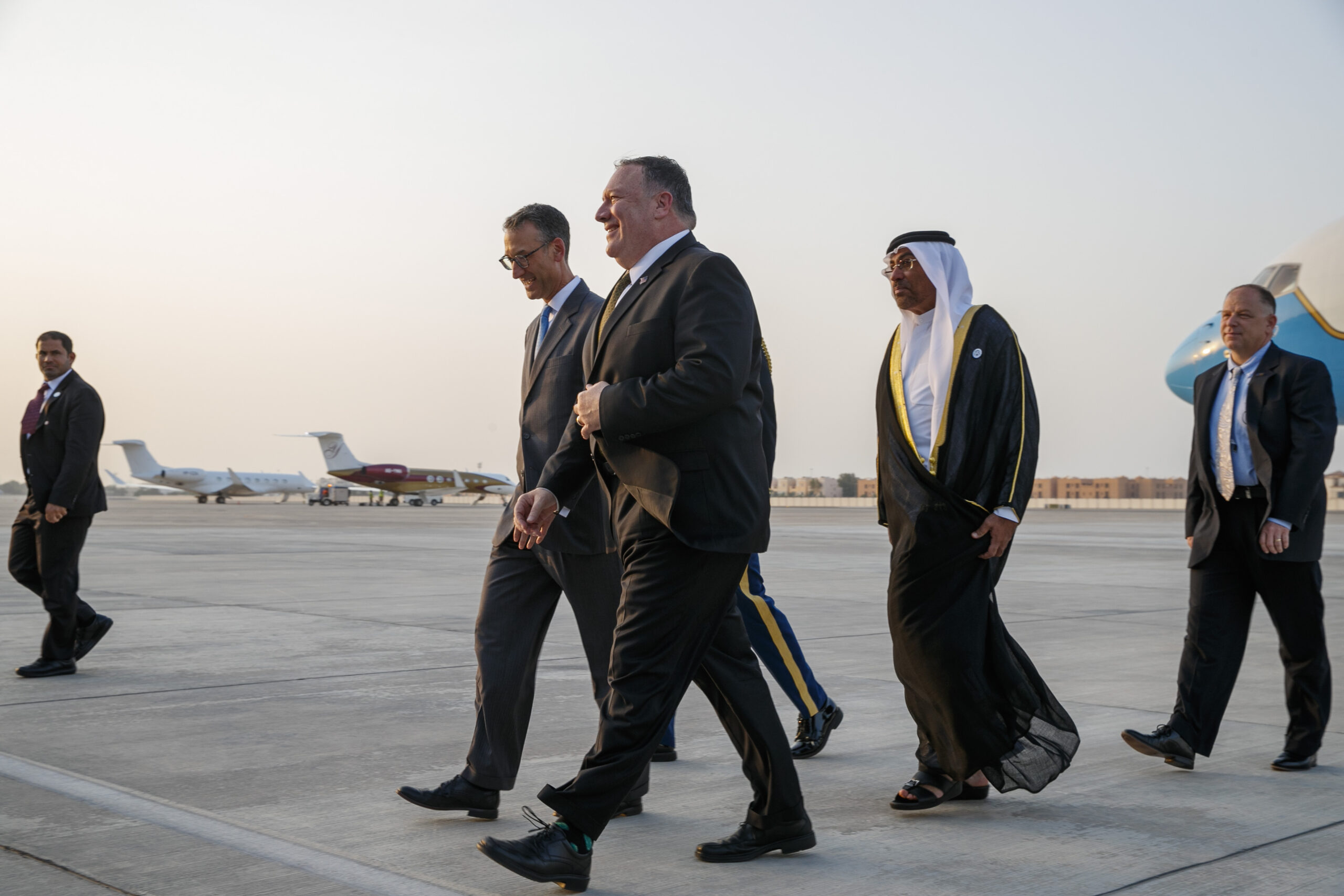
Jul 24, 2019
UAE Withdrawal Creates “Crucial Moment” for Yemen Conflict
With its decision to withdraw from Yemen, the UAE has fundamentally changed the strategic context in Yemen.
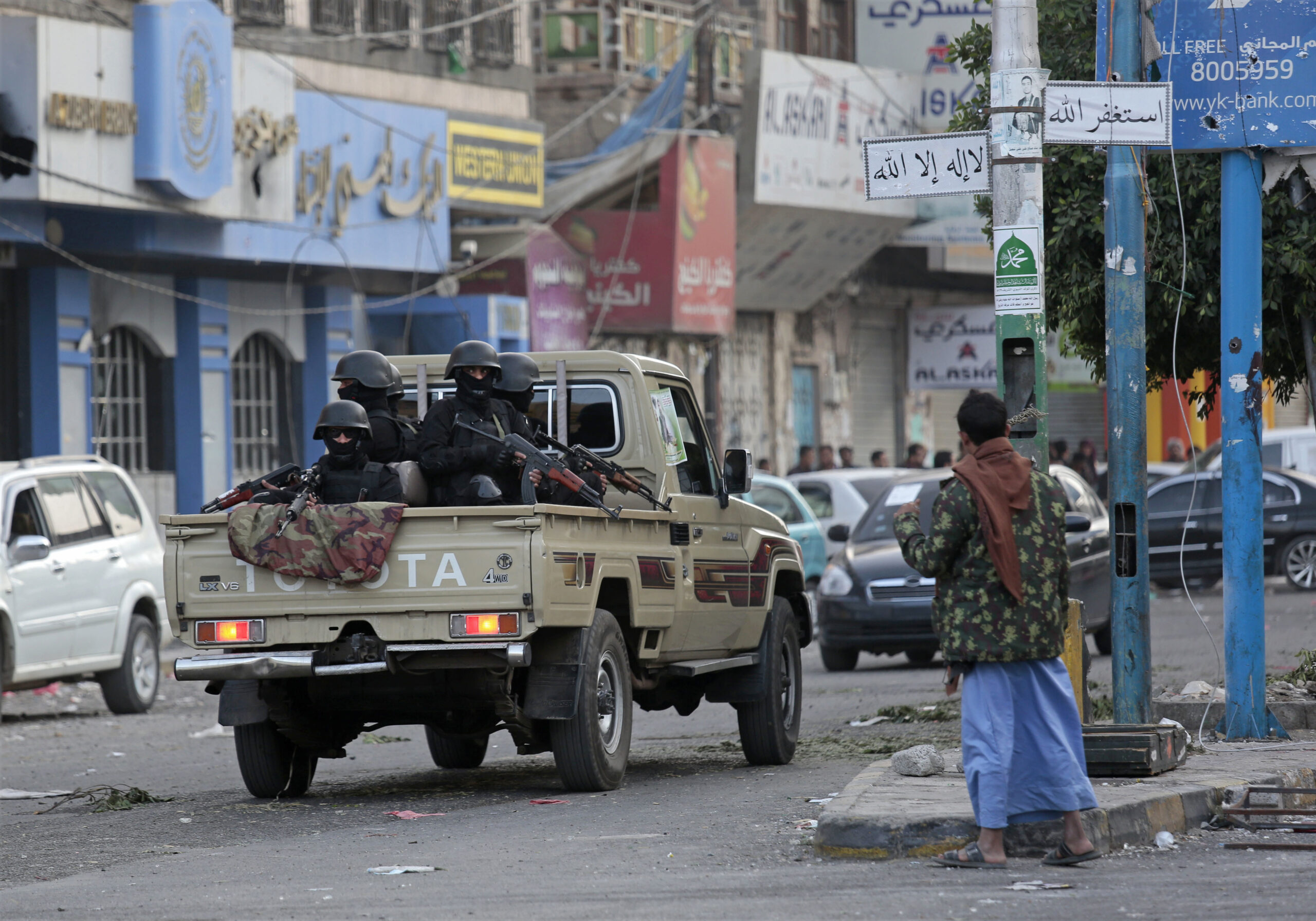
Jul 9, 2019
Fiscal and Security Pressures Highlight, and Threaten, Oman’s Unique Position in the Region
As fiscal constraints increase, tensions in the Gulf rise, and uncertainties surrounding political transition loom, Oman’s role in the Gulf Arab region could come under pressure.
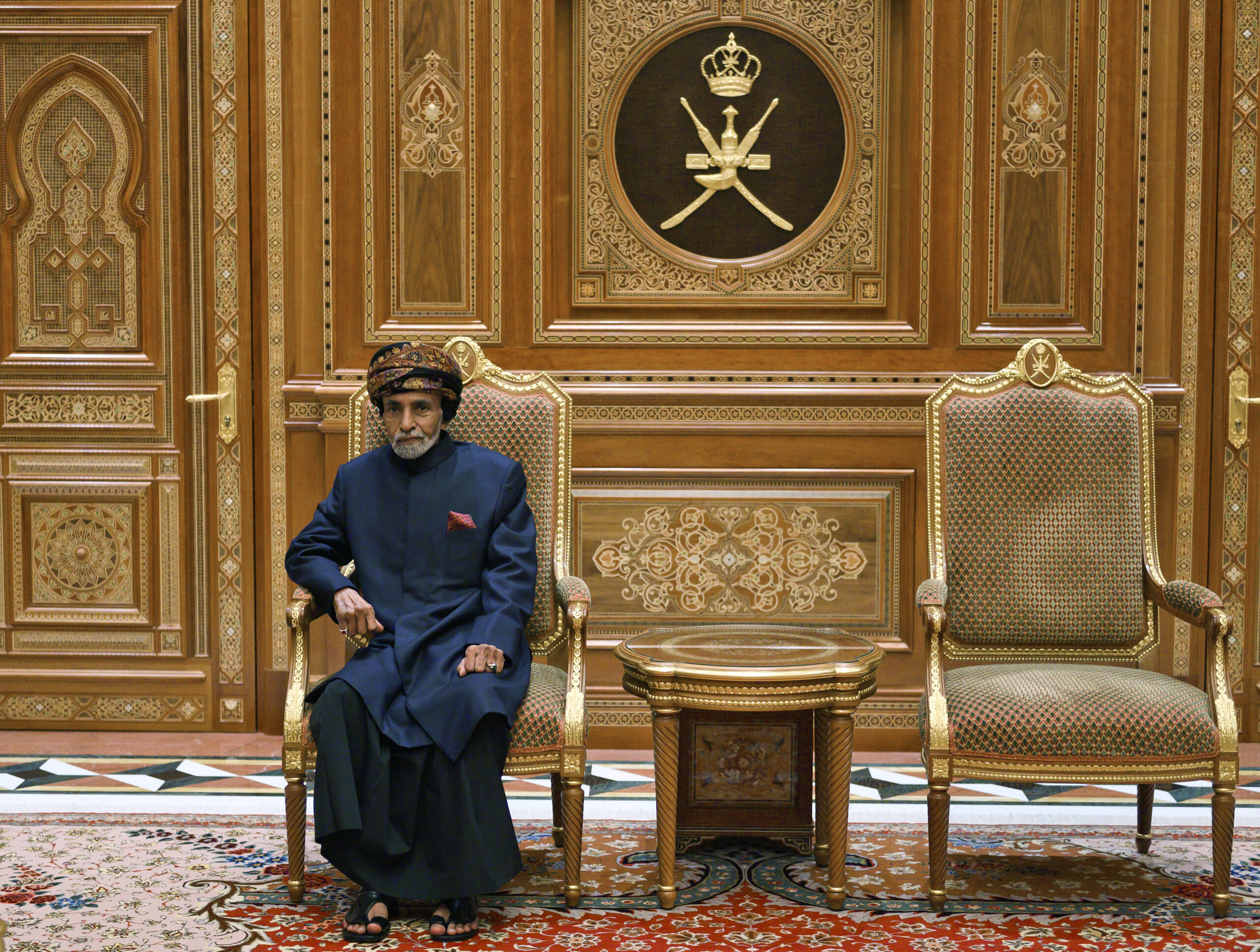
Jul 3, 2019
The Manama Workshop and the Course of Normalization in the Gulf
The “Peace to Prosperity” workshop in Bahrain may have been less about Palestinian prosperity and more about drawing Arab, especially Gulf, countries into the Middle East peace process – and into deeper normalization with Israel.
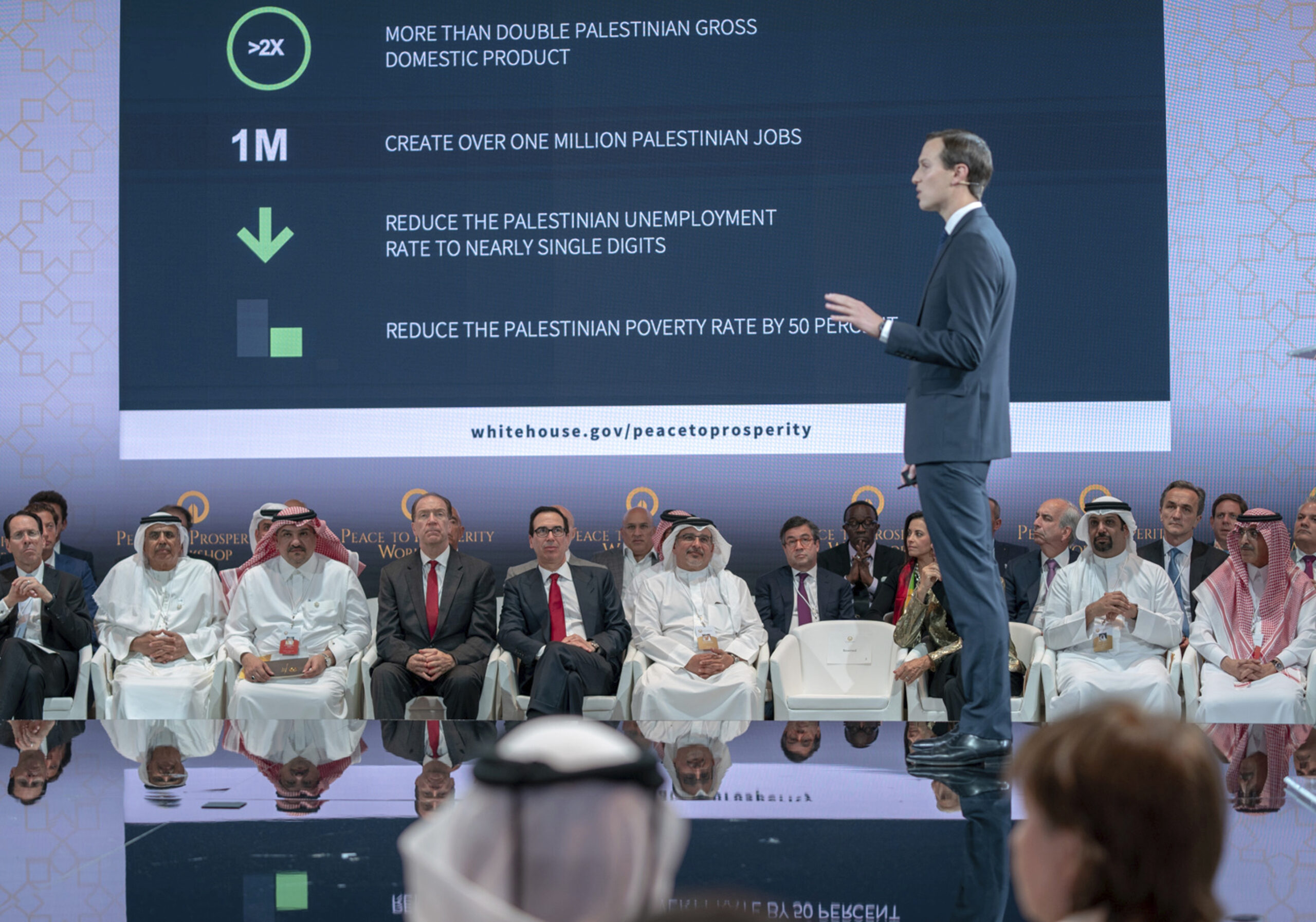
Jun 21, 2019
Gulf Arab States Don’t Want a U.S.-Iranian War, and Could Help Avoid One
Caught in the crossfire already, Gulf Arab countries have an important opportunity to help shape the off-ramp from confrontation.
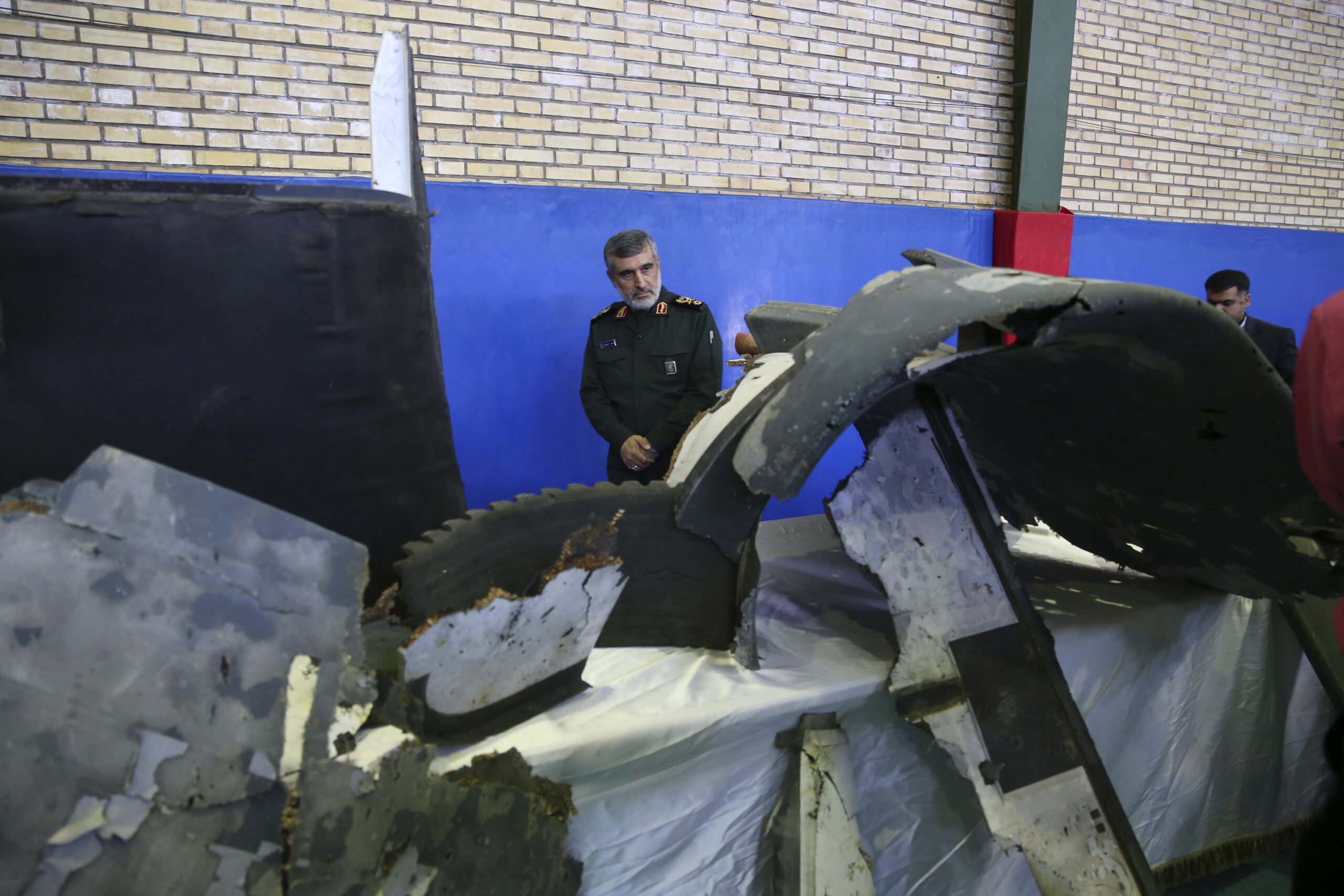
Jun 21, 2019
International and Internal U.S. Debates Refocus Spotlight on Yemen’s Conflict
The ongoing conflict in Yemen is inching toward the center of important debates for the United States, but international attention is unlikely to have any material impact on the conduct of the war.
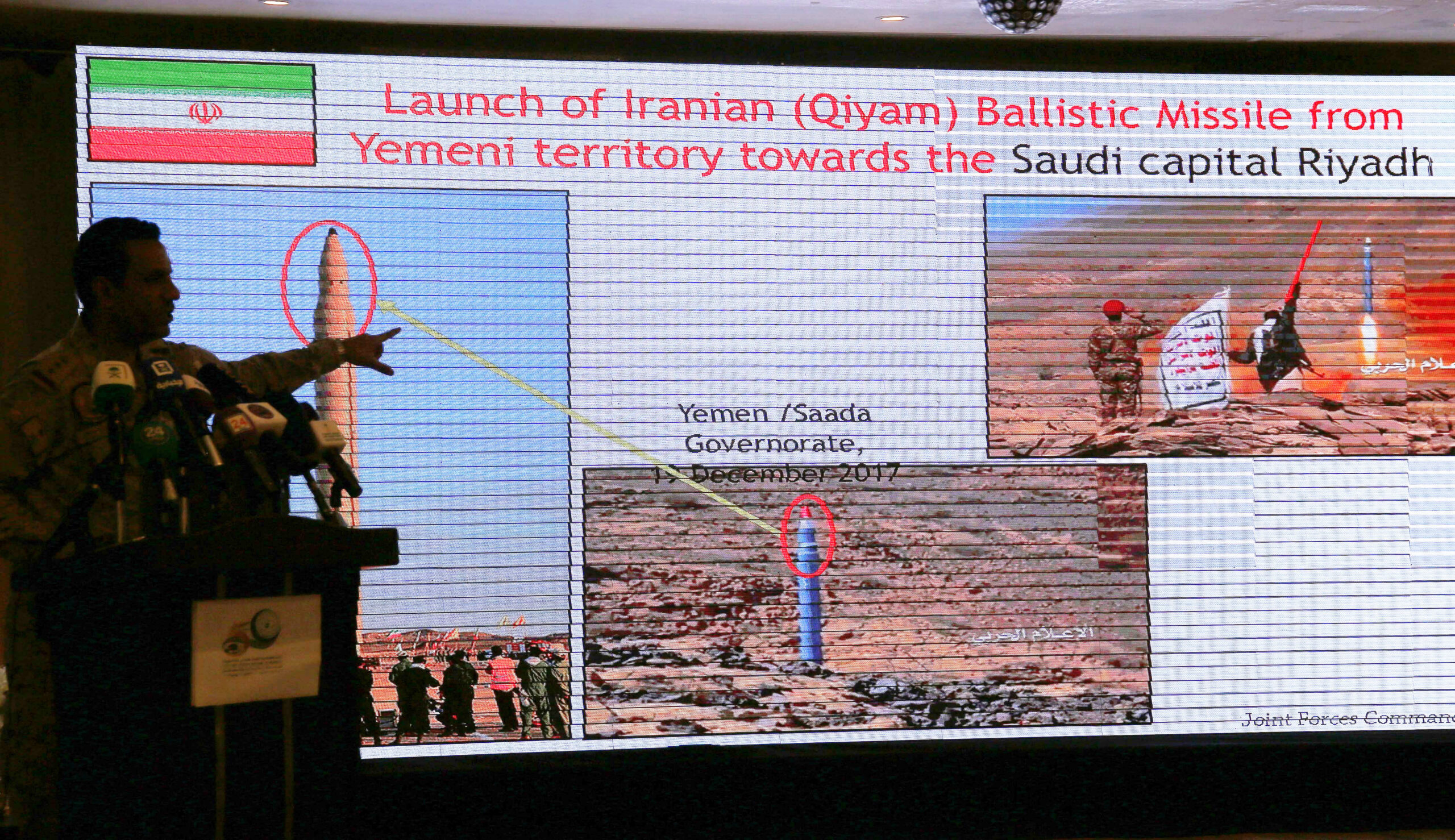
Jun 20, 2019
The Faceoff over U.S. Arms Sales to the Gulf: What Next?
On May 24, the Trump administration issued a national emergency declaration citing tensions with Iran to bypass congressional opposition to arms sales to Saudi Arabia, the United Arab Emirates, and Jordan.
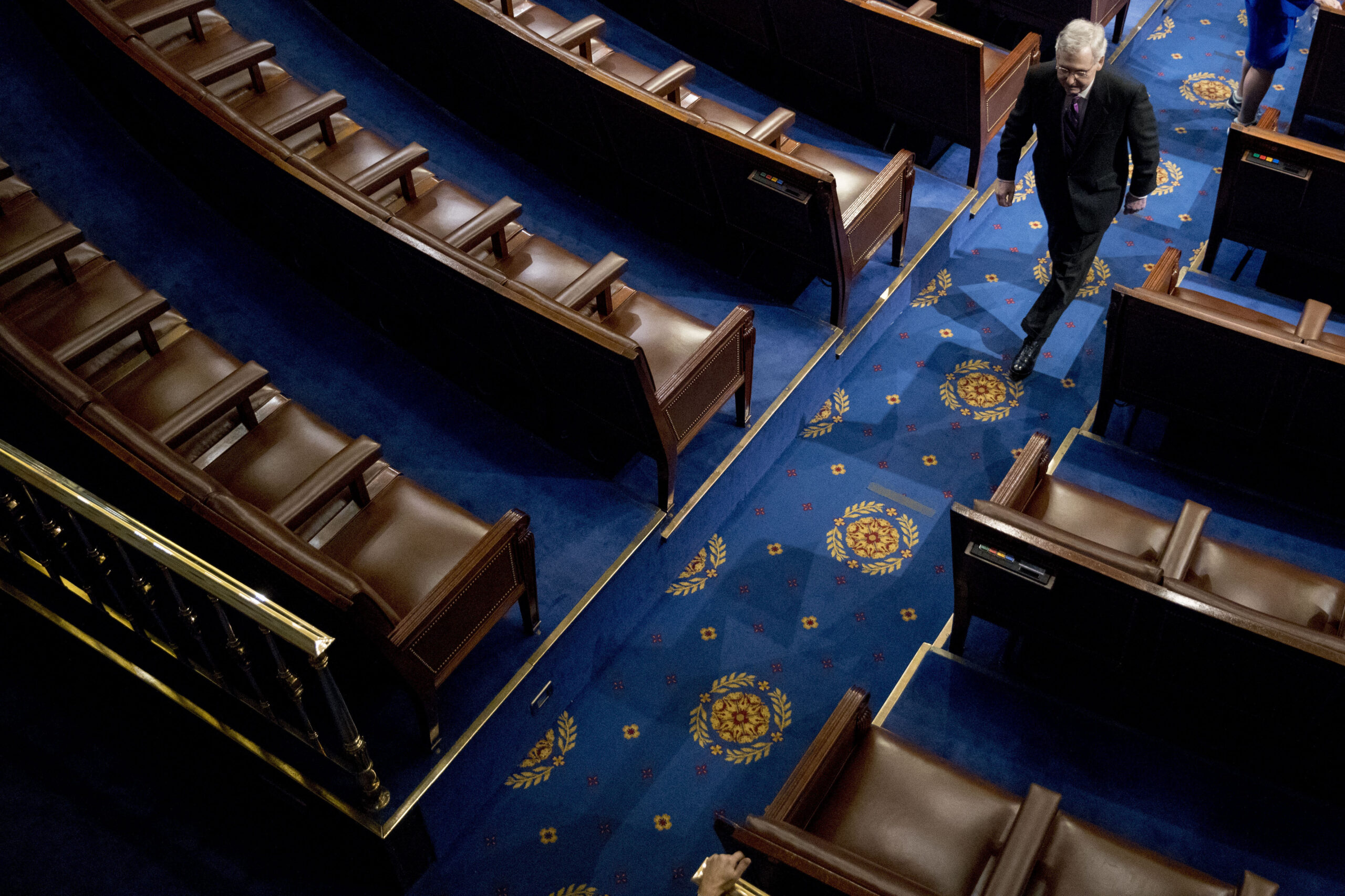
Jun 10, 2019
Is Sudan’s Transition Over Before It Began?
Stability, the nature of the state and its relationship to its citizens, the economy, and the role of political Islam are foundational to the discussions, inside and outside Sudan, concerning the country's transition.
